- Join the Best Kubernetes Course to Master Container Orchestration and Cluster Management.
- Complete Kubernetes Training Covers Pods, Services, Deployments and Networking Concepts.
- Work on Real-Time Projects and Gain In-Demand Skills Through Practical, Hands-On Container Management.
- Choose From Flexible Learning Modes: Weekday, Weekend or Fast-Track to Suit Your Schedule.
- Advance Your Skills With a Kubernetes Certification Course and Job Placements.
- Get Guidance for Resume Building, Interview Preparation and Career Strategies.
Join Our 100% Job Guaranteed
Kubernetes Certification Course
WANT IT JOB
Become a Kubernetes Administrator in 3 Months
Freshers Salary
3 LPA
To8 LPA
Quality Training With Affordable Fees!

INR
36,000
INR 16,500

10385+
(Placed)
6216+
(Placed)
8326+
(Placed)
4211+
(Placed)
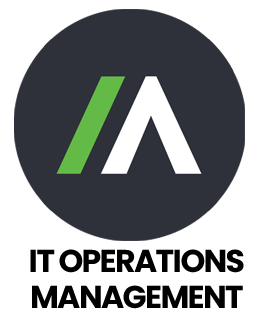


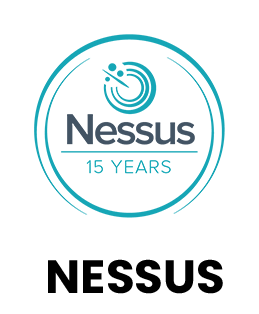
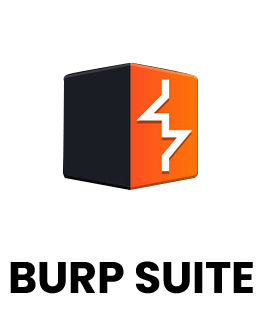

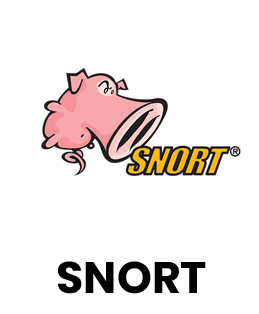
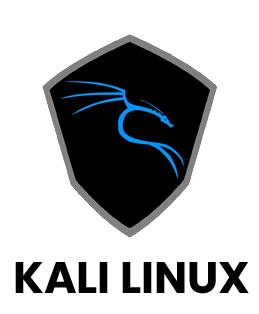

















 Chennai Location
Chennai Location Bangalore Location
Bangalore Location